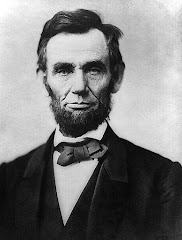There is an established precedent among Supreme Court aspirants not to discuss their positions on particular legal issues that may soon come to the court. At least this is the position taken by nominees to the Supreme Court of the United States (SCOTUS), whenever senators press them for answers on these issues during confirmation hearings. And the rule is not without reason. As future members of the SCOTUS, the nominees will be prematurely baring their decision and the vote they will cast on particular legal issues even before becoming justices and worse, even before hearing the arguments pro and con.
This, unfortunately, is not the case with the aspirants to our Supreme Court (SC). During the public interview of aspirants for the posts recently vacated by Justices Alicia Austria-Martinez and Dante Tinga, the Judicial and Bar Council (JBC) panel asked former judge and now law school dean Ed Vincent Albano, Court of Tax Appeals Justice Lovell Bautista and Court of Appeals Associate Justice Ruben Ayson about their position on the hot-button issue of Charter change (Cha-cha). Without hesitation, the three nominees volunteered similar answers by favoring a constitutional convention over a constituent assembly.
Cha-cha may soon become an issue before the SC and if these nominees were to be appointed to the court, we already know what their position is or at least we have a strong sense of where they're going. They bring with them the strong likelihood of voting down any effort to amend the Constitution via a constituent assembly. While justices are expected to be influenced by their personal opinions and beliefs in deciding cases, knowing beforehand how they will decide a particular case does not sit well with the idea of an impartial judge whose mind is supposedly not made up until the parties are heard. For a judge who has already formed an opinion, arguing your case before him or her would just be a useless exercise.
-














No comments:
Post a Comment